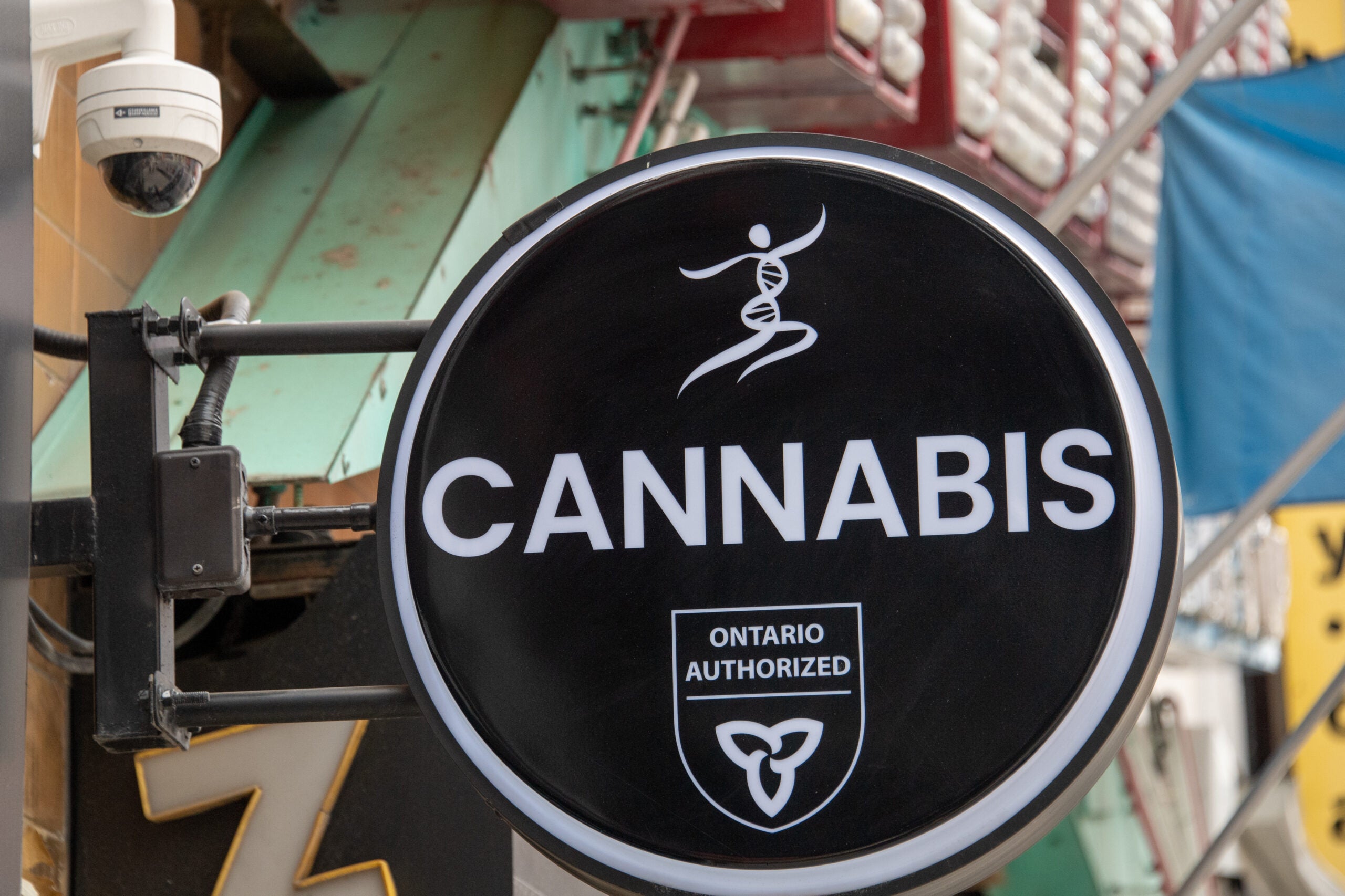The cannabis industry has a wide range of opportunities for entrepreneurs and businesses, from marijuana cultivation to retail. Even so, before you can start a cannabis business, you must get an appropriate license for the enterprise you want to open.
Acquiring these licenses can be quite a hassle for new cannabis entrepreneurs. Given the intricate nature of the legal cannabis industry, licensing processes often have to be handled by both state and national authorities. For this reason, getting a cannabis license can be a rather arduous process, which discourages many prospective weed business owners.
Our guide provides crucial insight into the different types of marijuana licenses required by authorities before your business can begin operating. It also provides a guide for acquiring the correct weed license for your desired business to help you move a step closer to achieving your dreams.
Cultivation Licenses: Planting the Seeds of Success
A cultivation license permits businesses or individuals to grow cannabis plants for commercial purposes. The requirements for cannabis cultivation licenses can differ depending on the jurisdiction of your business. Similarly, these cannabis growing licenses typically have different tiers, depending on the size of the operation.
Micro-cultivation License: These permits are ideal for small-scale growers with limited canopy sizes and few plants.
Standard Cultivation License: These cannabis cultivation licenses are suitable for larger-scale growers. Consequently, they have a more extensive application process and higher fees.
Manufacturing Licenses: Creating Cannabis Products
Manufacturing licenses allow businesses to process, extract, and create cannabis products for sale. Just like cultivation permits, these licenses have two categories.
Micro-manufacturing License: These licenses are designed for smaller-scale processors with limited production volumes and lower fees.
Standard Manufacturing License: Intended for larger operations that process significant volumes of cannabis products.
Distribution Licenses: Connecting the Industry
A marijuana distribution license allows businesses to transport cannabis products between licensed facilities, including cultivators, manufacturers, and retailers. These licenses are available in two tires:
Transport-only distributor licenses (Type 13): As the name suggests, these permits only allow distributors to move cannabis and cannabis products between cultivation, manufacturing, or distribution premises.
Distributor licenses (Type 11): These permits allow distributors to offer additional services like providing storage services for other licensees.
Testing Laboratory Licenses: Ensuring Quality and Safety
Testing laboratory licenses authorize businesses to test cannabis products for potency, contaminants, and other quality control measures. Licensed laboratories must adhere to strict testing protocols and standards established by regulatory authorities.
Retail Licenses: Bringing Products to Consumers
Retail licenses enable businesses to sell cannabis products directly to consumers through brick-and-mortar stores or online platforms. Therefore, dispensary owners and ancillary cannabis businesses must acquire this permit before they can begin operations. There are two main types of retail licenses:
Storefront Retail License: Authorizing the operation of a physical store, applicants must submit detailed plans, including security measures and staff training protocols.
Online Retail License: These licenses authorize online sales of cannabis products. They often require compliance with age verification and secure payment processing regulations.
Microbusiness Licenses: The Small but Powerful Players
A microbusiness license caters to small-scale operators that engage in multiple activities, like cultivation, manufacturing, and retail sales, under a single license. These licenses often come with specific requirements and limitations to ensure a manageable scope of operations.
Event Licenses: Bringing People Together
Event licenses grant businesses or organizations permission to host temporary cannabis-related events, such as festivals or trade shows, where sales and consumption of cannabis products are allowed. Applicants must demonstrate compliance with local regulations and safety measures.
How to Apply for or Renew a License
The application process for cannabis licenses may vary by jurisdiction but generally follows these steps:
- Research the specific requirements and regulations in your area.
- Develop a comprehensive business plan outlining your proposed operation.
- Prepare and submit the required documentation to the appropriate regulatory authority.
- Pay any required application fees.
- Await the decision from the regulatory body, which may take several weeks or months.
For license renewals, ensure you are aware of the renewal deadlines and submit the necessary documentation and fees on time.
The Bottom Line
Whether you run a marijuana cultivation operation or a cannabis packaging company, obtaining the correct licenses is the first step toward the success of your business. Understanding the various types of cannabis licenses and their requirements is essential for success in this growing industry. If you’re a prospective marijuana entrepreneur, ensure you do your due diligence and consult the appropriate regulatory authorities to help you acquire the right permits for your business.











Leave a comment
This site is protected by reCAPTCHA and the Google Privacy Policy and Terms of Service apply.